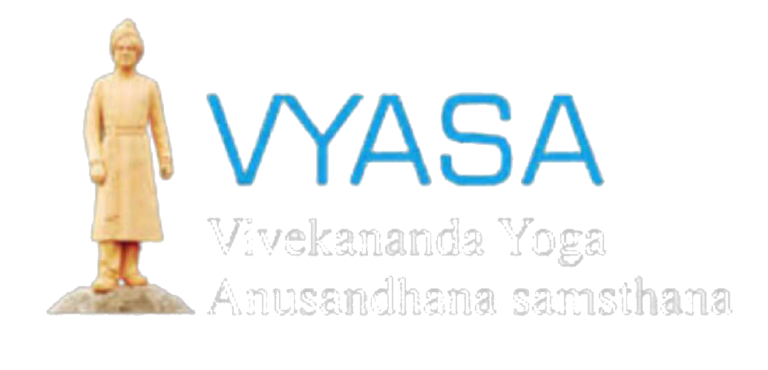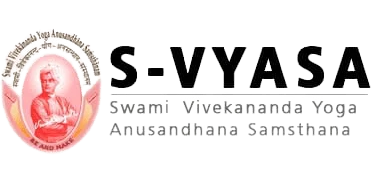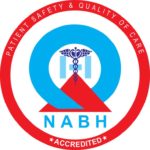Basti
![]()
Basti is considered as the prime treatment among all the panchakarma. It has curative, preventive, and promotive aspects.
Basti karma is a procedure where medicated preparations are administered through anal canal. It stays there for a period and comes out as mala(faeces).
“Bastina diyathe iti basti” (A.Hru.Su. 19/1)
Benefits
Srotoshudhhi (Purifies all system and clear minute passages)
Vayasthapana (Sustains age)
Pushtikara (Provides strength to body)
Ruchi (Increases taste perception)
Shoolahara (Relieves pain)
Kukshiayama (Effective in GI tract disorders)
Vajikaroti (Aphrodisiac)
Medhokrut (Improves intellectual power)
Swapnanuvrutti (Induces sound sleep)
Classification
Based on location
– Pakvashayagata basti : Administration of basti into colon through anal canal
– Mutrashayagata basti : Administration of basti into urinary bladder through urethra
– Garbhashayagata basti : Administration of basti into uterus through vagina
– Vrana basti : Administration of basti into vrana for purification and healing purpose.
Based on medication used
Sneha basti : Snehas (medicated ghee,oil…) are administrated into colon through anal canal.
Anuvasana basti : Uses oil or ghee
Matra basti : Half dose of anuvasana basti
Niruha basti : Kashaya is the chief constituent of basti dravya along with Madhu (honey), Saindhava (salt), Kalka (paste) and Sneha (oil). In place of Kashaya – Ksheera (milk), Mamsa rasa (meat soup), Gomutra (Cow’s urine) etc are used.
Based on number of Basti
i)Karma basti : 30 basti are to be administered.
ii)Kala basti : 16 basti are to be administered
iii)Yoga basti : 8 basti are to be administered
This procedure includes : Poorva karma, Pradhana karma, paschat karma
Poorva Karma – Pre Preparation
Selection of indicated patient
Examination of the vitals of patient
Prepare basti dravya
Patient is asked to pass faeces, urine, and flatus
Abhyanga (Massage) and Swedana (Fomentation) is given to patient
Patient is asked to come in empty stomach (Niruha basti)
Advised to take food (Anuvasana basti)
Pradhana Karma – Main Procedure
Administered in afternoon after digestion of previous meal and not feeling hungry.
Patient is asked to lie down on left side and keep his/head on his/her arms like pillow.
Patient is asked to flex his/her right leg, left leg fully extended.
Anus and enema nozzle is lubricated. Air bubble is removed, and enema nozzle is introduced slowly.
Slowly inject the basti content and gradually withdraw the nozzle.
Patient is said to lie on his/her back with his/her body in raised position.
On urge for defecation, he should not suppress it.
Paschat Karma – Post Preparation
Niruha basti : Warm water bath
: Diet – Rice with soup of meat or pulses
Anuvasana basti : Buttocks of patient is patted
: Relax in supine position
: Raise foot end of the table to little extent
Symptoms of Proper Adminitstration
Prasrushta vit (Evacuation of bowel without discomfort)
Prasrushta mutra (Evacuation of urine without discomfort)
Ruchi in ahara (Taste in food)
Agni vruddhi (Good appetite)
Ashaya laghava (Lightness of body)
Rogopashamana (Recovery of disease)
Bala (Increases strength)
Clarity of senses, intellect
Returning of faeces and oil separately without sticking with each other
Indications
Kukshi roga(GI disorders)
Obstruction to flow of Varcha(Faeces), Mutra(Urine)
Adhmana(Distension of abdomen)
Shiroshula(Headache), Karna shula(Earache)
Shosha(Emaciation)
Arthritis
Cardiac disorders
Tremors
Contraindications
Ajeerna(Just after meals)
Yanaklanta(Excessive traveling)
Kshut trushna(Hungry, Thirsty)
Ama atisara(Diarrhoea due to indigestion)
Visuchika(Gastroenteritis)
Intestinal obstruction
Kushta(Skin disorders)
Article By :
Ms. Arpitha (Final year BAMS student)





